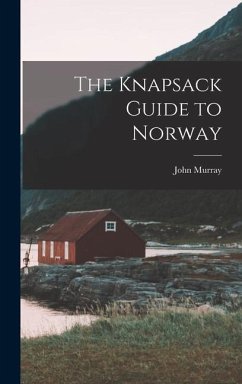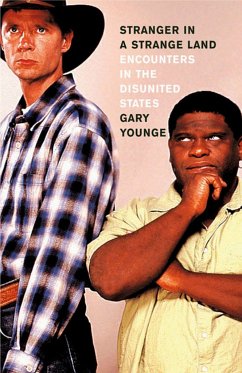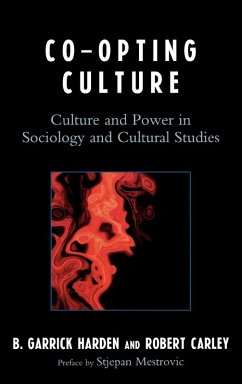
Europe and Elsewhere
Versandkostenfrei!
Versandfertig in über 4 Wochen
36,99 €
inkl. MwSt.

PAYBACK Punkte
18 °P sammeln!
"In like manner the American author who has chosen to call himself Mark Twain has attained to an immense popularity because the qualities he possesses in a high degree appeal to so many and so widely varied publics." -Brander Matthews (1899) Europe and Elsewhere is a collection of essays by Mark Twain that was edited by Albert Bigelow Paine, Twain's literary estate agent and biographer, and published posthumously in 1923. This jacketed hardcover replica of the original edition of Europe and Elsewhere, including The War Prayer (1905), a short story indicting war; The United States of Lyncherdom...
"In like manner the American author who has chosen to call himself Mark Twain has attained to an immense popularity because the qualities he possesses in a high degree appeal to so many and so widely varied publics." -Brander Matthews (1899) Europe and Elsewhere is a collection of essays by Mark Twain that was edited by Albert Bigelow Paine, Twain's literary estate agent and biographer, and published posthumously in 1923. This jacketed hardcover replica of the original edition of Europe and Elsewhere, including The War Prayer (1905), a short story indicting war; The United States of Lyncherdom (1901), an essay against the mass lynching in Pierce City, Missouri; To the Person Sitting in Darkness (1901), a satiric essay expressing Twain's anti-imperialistic views; and thirty-two other essays makes this book an unique collectors' item for Mark Twain aficionados, literary historians, and readers of American literature.













